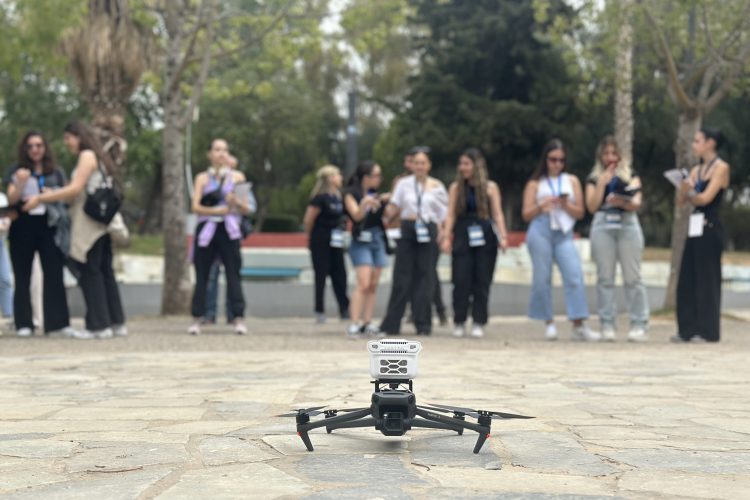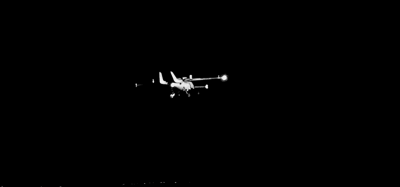New research on public perception of drone technology
Posted: 5 July 2024 | Emily Budgen | No comments yet
New research conducted by the ImAFUSA team has provided new insights into the public perception of drones, noting noise concerns.


Credit: ImAFUSA
A new experiment on public perceptions of drone technology has been undertaken in Athens.
For the first time, the ImAFUSA project research team conducted a pyschoacoustic experiment in parallel with an acceptance survey of aerial services during the ImAFUSA Open Day earlier this year in Athens, Greece. Aiming to gauge public perceptions of new aerial services, participants from nearby vocational centres and universities took part in a three-step live, outdoor experiment.
Participants first saw numerous drone flights, organised by the Acoustics Research Centre at the University of Salford (USAL), who collaborated with the Delft University of Technology, Faculty of Aerospace Engineering (TUDelft) team. These ‘soundwalks’ were held on-site by the Municipality of Egaleo (EGL) and Future Needs (FN), adhering to the USAL researchers’ guidelines.
Aiming to evaluate how the ambient sound scenes were received in two different park settings to find out how adding drone noise affected those impressions, the ImAFUSA project team used a set of word-pair scales, to measure participants’ reactions to the sounds.
By doing this, the team were able to evaluate a wide range of emotional responses alongside annoyance and loudness. A drone operator from the Municipality of Egaleo also participated in the procedure. After the soundwalks, in stage two of the experiment, the participants answered questions about their perception of drones after they were exposed to the drone flights and sounds.
In the third stage of the experiment, the project coordinator Sophia Kalakou and the research team from the Business Research Unit (BRU-Iscte) organised and oversaw the completion of a societal acceptance survey by the sound-walk participants with the objective to address citizen acceptance aspects and assist the planning process of Local Authorities to introduce socially accepted services. The participants were asked to state their viewpoints on the potential use of drones in city operations for different purposes (eg. sensing, logistics, emergencies) as well as how acceptable they consider their application in a more complex future where innovative aerial services are offered and have the potential to become part of daily life. The output of this work is expected to be an acceptance scale to be used in any city and address the level of citizens´ acceptance of UAM services.
More Like This
European air connectivity lags amid rising traffic volumes
Nashville International Airport introduce PASSport scheme
HKIA awards tender for autonomous transport
The International Airport Summit is open for registration!
Date: 19 – 20 November 2025
Location: JW Marriott Hotel Berlin
At our flagship event of the year, we will dive into the future of airport operations, with expert-led sessions on passenger experience, innovative smart technologies, baggage handling, airside operations, data, security, and sustainability.
This is where global airport leaders come together to share insights, challenges, and real-world solutions.
Limited complimentary passes are available for eligible professionals – first come, first served!
Related topics
Related organisations
Acoustics Research Centre at the University of Salford (USAL), Delft University of Technology, Faculty of Aerospace Engineering (TUDelft), Future Needs (FN), Municipality of Egaleo (EGL)

















